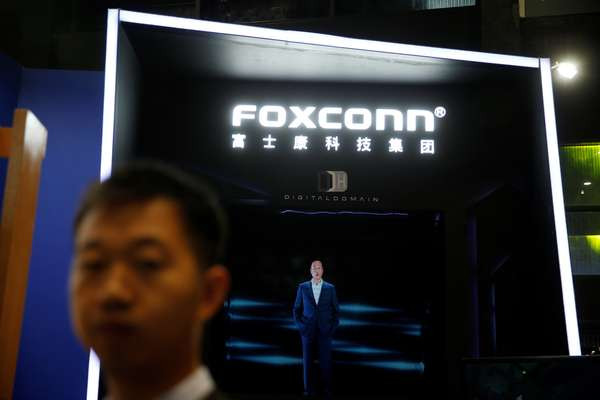With the billions the Internet economy is bringing in to China, the government is relentless in not only in integrating its digital and real economies in a digital platform but also in making breakthroughs in core and critical technologies.
China's consumer Internet is driving the growth of its industrial Internet, according to the Boston Consulting Group (BCG), Alibaba, and Baidu.
The new economic driver index's Internet economy index, one of its five sub-indexes, contributed an 80.8 percent to the growth of this combined index in 2018.
Because of China's proactive support, the country is now at the forefront of the mass deployment and development of IoT (Internet of things)-based solutions based on mobile IT technology, said Alex Sinclair, chief technology officer of the GSM Association (commonly referred to as 'the GSMA' or Global System for Mobile Communications,GSMA).
Because the Internet is a major factor in digitalization, the digital economy is now a new engine in the country's economic growth, according to Chen Zhaoxiong, vice-minister of industry and information technology.
Since 2014, China has had a fast and stable growth of the new economic index, brought about by the rapid growth of its Internet sector as the country strengthened its infrastructure.
Over 98 percent of the population is now running on 4G networks after 3.7 million base stations got built.
Twenty percent of households in first and second-tier cities are turning their residences into smart homes.
Mobile Internet, a main component of the Internet economy, saw an increase in users to 1.4 billion in 2018, up to 9.9 percent year-on-year.
China's e-commerce transactions in 2018 are up 8.5 percent year-on-year raking in 31.6 trillion yuan ($4.6 trillion).
The markets for the country's AI, big data and IoT has seen a growth of 33.9 billion yuan, 540.5 billion yuan and 1.2 trillion yuan in 2018.
Just last year, markets of China's AI grew to 33.9 billion yuan, IoT brought in 1.2 trillion yuan and big data raked in 540.5 billion yuan.
GSMA sees 28 percent of China's mobile connections on 5G networks by 2025, about one-third of the world's 5G connections.
The digital economy brought about 191 million jobs, comprising 24.6 percent of the overall employment according to China Academy of Information and Communications Technology (CAICT).
Still, China will expedite the development of industrial internet, 5G and artificial intelligence, Chen said.
China will also promote a healthy and sustainable "high-quality development" of its internet sector for in-depth integration of real and digital economies according to Lyu Haiqi, an official with the National Bureau of Statistics.
"Composed by new industry, new formats, and new models," Lyu said, "China's new economic driver is expanding, unleashing the vitality of the economy."
China's agriculture, industry and tertiary sectors will be digitalized integrated by the Internet. Chen also added that China will continue to make breakthroughs in core and critical technologies.
The projected market scale growth of smart agriculture, with IoT technology, is seen amounting to $26.8 billion in 2020, up 14.3 percent average year-on-year since 2015 according to a report of CAICT.
Their report also predicts an increase in the productivity rate by 20 percent of manufacturing companies that will use the industrial internet.
China's plan in integrating 5G, AI, IoT, and big data will bring profound changes to all sectors, said Mats Granryd, director-general of the GSMA.
China isn't just supplying "comprehensive telecommunication service, "Chen said, but narrowing "the digital gap and" promoting "global cooperation."






